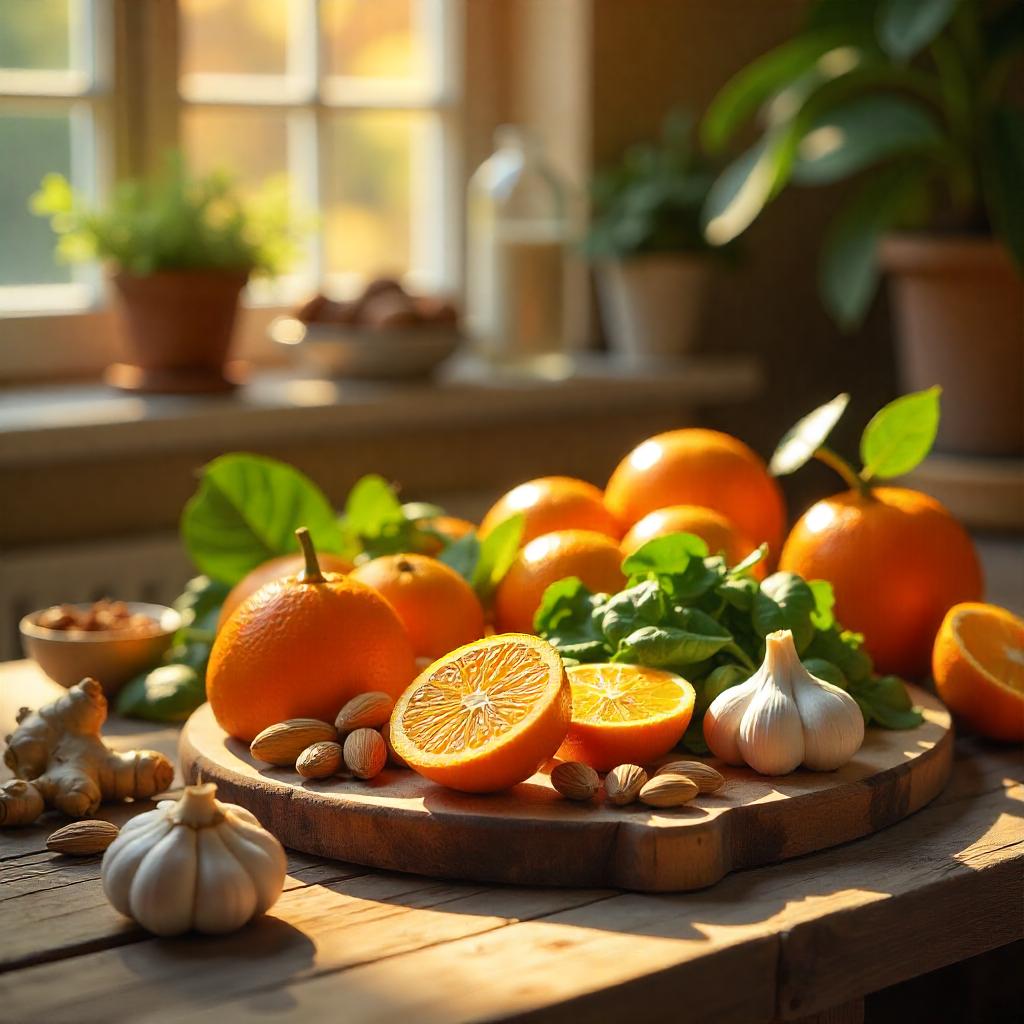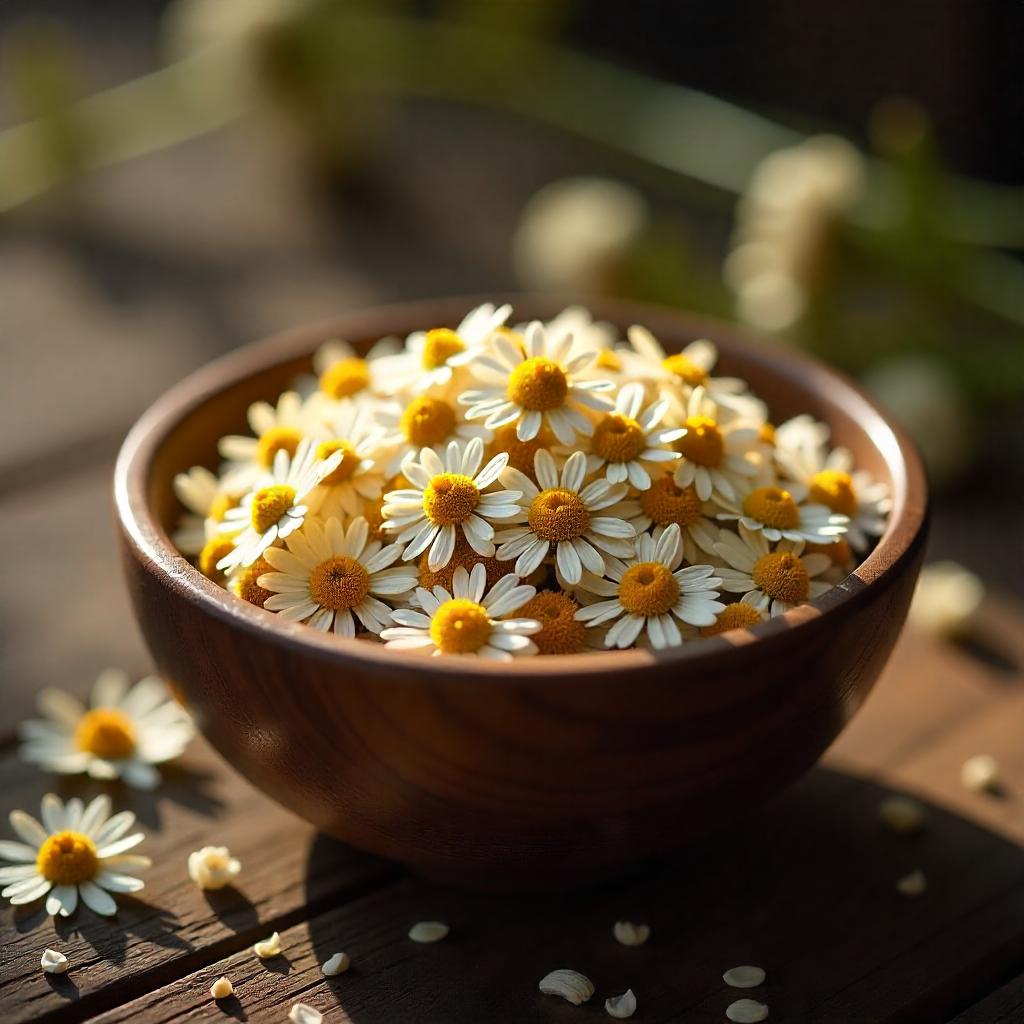
Stress and Mental Health: Traditional Approaches to Modern Problems
In today's fast-paced world, stress and mental health issues have become epidemic. While modern psychiatry offers pharmaceutical solutions, traditional medicine provides time-tested, holistic approaches that address the root causes of mental distress while promoting overall well-being without dependency or side effects.
Understanding Mental Health in Traditional Medicine
Traditional systems like Siddha, Ayurveda, and Homeopathy view mental health as inseparable from physical health. The mind-body connection is fundamental, with mental disturbances often manifesting as physical symptoms and vice versa.
The Three Pillars of Mental Health
- Sattva (Clarity): Mental clarity, wisdom, and peace
- Rajas (Activity): Passion, energy, and movement
- Tamas (Inertia): Stability, rest, and grounding
Mental health issues arise when these three qualities become imbalanced, leading to conditions like anxiety (excess Rajas), depression (excess Tamas), or mental agitation (disturbed Sattva).
Common Mental Health Issues We Address
1. Anxiety Disorders
Anxiety affects millions worldwide, manifesting as excessive worry, panic attacks, and physical symptoms like rapid heartbeat and sweating.
Traditional Understanding:
Anxiety is primarily a Vata disorder with excess Rajas, causing:
- Overactive nervous system
- Disturbed sleep patterns
- Digestive issues
- Racing thoughts
Natural Treatment Approach:
- Brahmi: Calms the nervous system
- Shankhpushpi: Reduces anxiety and improves memory
- Jatamansi: Natural sedative properties
- Ashwagandha: Adaptogenic stress relief
2. Depression
Depression involves persistent sadness, loss of interest, and feelings of hopelessness that interfere with daily functioning.
Traditional Perspective:
Depression is viewed as excess Tamas with Kapha imbalance, leading to:
- Mental heaviness and lethargy
- Reduced motivation
- Digestive sluggishness
- Social withdrawal
Herbal Support:
- St. John's Wort: Natural mood elevator
- Brahmi: Enhances mental clarity
- Mandukaparni: Improves cognitive function
- Saraswatarishta: Traditional brain tonic
3. Insomnia and Sleep Disorders
Sleep disturbances affect both mental and physical health, creating a cycle of stress and fatigue.
Natural Sleep Support:
- Valerian Root: Promotes deep sleep
- Chamomile: Gentle relaxation
- Passionflower: Reduces mental chatter
- Tagara: Traditional sleep herb
Comprehensive Stress Management Protocol
Phase 1: Immediate Stress Relief (Weeks 1-4)
Quick-Acting Herbs:
- Ashwagandha: 300-500mg twice daily
- Brahmi: 1-2g with milk before bed
- Jatamansi: 1-2g twice daily
- Chamomile tea: 2-3 cups daily
Immediate Lifestyle Changes:
- Establish regular sleep schedule
- Begin daily meditation practice
- Reduce caffeine and stimulants
- Start gentle exercise routine
Phase 2: Building Resilience (Months 2-3)
Adaptogenic Support:
- Rhodiola: Improves stress adaptation
- Holy Basil: Balances cortisol levels
- Schisandra: Supports adrenal function
- Ginseng: Enhances energy and focus
Mind-Body Practices:
- Regular yoga practice
- Pranayama (breathing exercises)
- Mindfulness meditation
- Progressive muscle relaxation
Phase 3: Long-term Mental Wellness (Ongoing)
- Constitutional strengthening herbs
- Seasonal adjustments to treatment
- Lifestyle optimization
- Regular monitoring and support
Homeopathic Approach to Mental Health
Constitutional Remedies for Anxiety
1. Arsenicum Album
Indications: Anxiety with restlessness, fear of death, perfectionism
Characteristics: Neat, organized, worried about health and security
2. Lycopodium
Indications: Performance anxiety, lack of confidence, digestive issues
Characteristics: Intellectual, but lacks self-confidence
3. Gelsemium
Indications: Anticipatory anxiety, trembling, weakness
Characteristics: "Droopy, drowsy, dull" - the three D's
Constitutional Remedies for Depression
1. Natrum Muriaticum
Indications: Depression from grief, suppressed emotions, isolation
Characteristics: Reserved, sensitive to criticism, craves salt
2. Sepia
Indications: Depression with irritability, indifference to loved ones
Characteristics: Exhausted, overwhelmed, especially in women
3. Aurum Metallicum
Indications: Deep depression, suicidal thoughts, perfectionism
Characteristics: High achievers who feel like failures
Pranayama and Breathing Techniques
For Anxiety Relief
1. Nadi Shodhana (Alternate Nostril Breathing)
Technique:
- Close right nostril, inhale through left for 4 counts
- Close both nostrils, hold for 4 counts
- Close left nostril, exhale through right for 4 counts
- Repeat for 5-10 minutes
Benefits: Balances nervous system, reduces anxiety
2. Bhramari (Humming Bee Breath)
Technique:
- Close ears with thumbs, eyes with fingers
- Inhale normally
- Exhale making humming sound like a bee
- Practice for 5-10 rounds
Benefits: Calms mind, reduces stress hormones
For Depression and Low Energy
1. Bhastrika (Bellows Breath)
Technique:
- Sit comfortably with spine straight
- Take 10 rapid, forceful breaths
- Take one deep breath and hold
- Exhale slowly
- Repeat 3-5 rounds
Benefits: Increases energy, improves mood
2. Surya Bhedana (Right Nostril Breathing)
Technique:
- Close left nostril with ring finger
- Inhale through right nostril
- Close both nostrils, hold briefly
- Exhale through left nostril
- Practice for 5-10 minutes
Benefits: Activating, warming, energizing
Meditation Techniques for Mental Health
1. Mindfulness Meditation
Practice:
- Sit comfortably with eyes closed
- Focus on natural breath
- Notice thoughts without judgment
- Gently return attention to breath
- Start with 5-10 minutes daily
2. Loving-Kindness Meditation
Practice:
- Begin with self-compassion phrases
- Extend loving wishes to loved ones
- Include neutral people
- Eventually include difficult people
- End with all beings everywhere
3. Mantra Meditation
Popular Mantras:
- "Om": Universal sound for peace
- "So Hum": "I am that" - unity consciousness
- "Om Gam Ganapataye Namaha": Removes obstacles
- "Om Namah Shivaya": Transformation and renewal
Dietary Guidelines for Mental Health
Brain-Nourishing Foods
- Omega-3 rich foods: Fish, walnuts, flaxseeds
- Antioxidant-rich foods: Berries, dark chocolate, green tea
- B-vitamin foods: Leafy greens, legumes, whole grains
- Magnesium-rich foods: Nuts, seeds, dark leafy greens
- Probiotic foods: Yogurt, kefir, fermented vegetables
Foods to Avoid for Mental Health
- Refined sugars and processed foods
- Excessive caffeine
- Alcohol
- Trans fats and fried foods
- Artificial additives and preservatives
Mood-Specific Dietary Recommendations
For Anxiety:
- Warm, grounding foods
- Regular meal times
- Avoid stimulants
- Include calming teas
For Depression:
- Light, energizing foods
- Increase protein intake
- Include warming spices
- Ensure adequate B-vitamins
Lifestyle Modifications for Mental Wellness
Daily Routine (Dinacharya)
- Wake up early: Before sunrise for mental clarity
- Morning meditation: 10-20 minutes daily
- Regular meals: Consistent timing supports stability
- Evening wind-down: Gentle activities before bed
- Consistent sleep time: 7-8 hours nightly
Physical Activity for Mental Health
- Yoga: Combines physical movement with mindfulness
- Walking in nature: Reduces stress hormones
- Swimming: Meditative and mood-boosting
- Dancing: Expressive and joyful movement
- Tai Chi: Gentle, flowing movements
Social and Environmental Factors
- Maintain supportive relationships
- Limit exposure to negative media
- Create peaceful living spaces
- Spend time in nature regularly
- Engage in meaningful activities
Specific Protocols for Common Conditions
Panic Disorder Protocol
Immediate Relief:
- 4-7-8 breathing technique
- Grounding exercises (5-4-3-2-1 technique)
- Cold water on wrists and face
- Rescue remedy (Bach flower essence)
Long-term Management:
- Regular Ashwagandha supplementation
- Daily meditation practice
- Cognitive behavioral techniques
- Constitutional homeopathic treatment
Seasonal Affective Disorder (SAD)
- Light therapy (morning sunlight exposure)
- Vitamin D supplementation
- St. John's Wort (under supervision)
- Regular exercise routine
- Social activities and connections
Case Studies from Our Practice
Case 1: Generalized Anxiety Disorder
Patient: 32-year-old software engineer with chronic anxiety
Symptoms: Constant worry, insomnia, digestive issues, panic attacks
Treatment: Ashwagandha, Brahmi, meditation training, dietary changes
Results: 80% reduction in anxiety symptoms within 3 months
Case 2: Major Depression
Patient: 45-year-old woman with post-divorce depression
Symptoms: Persistent sadness, loss of interest, fatigue, social withdrawal
Treatment: Constitutional homeopathy (Natrum Mur), St. John's Wort, counseling support
Results: Significant mood improvement within 6 weeks, full recovery in 4 months
Case 3: Chronic Insomnia
Patient: 38-year-old businessman with stress-related insomnia
Symptoms: Difficulty falling asleep, frequent awakening, daytime fatigue
Treatment: Sleep hygiene protocol, Valerian, Jatamansi, stress management
Results: Normal sleep patterns restored within 6 weeks
Integration with Conventional Treatment
Traditional approaches can complement conventional mental health treatment:
- Reduce medication side effects
- Support medication tapering (under supervision)
- Enhance therapy effectiveness
- Provide additional coping tools
- Address root causes
When to Seek Professional Help
Consult our practitioners for:
- Persistent mood changes lasting more than 2 weeks
- Thoughts of self-harm or suicide
- Inability to function in daily activities
- Substance abuse as coping mechanism
- Relationship or work problems due to mental health
Prevention and Long-term Mental Wellness
- Regular stress management practices
- Maintain work-life balance
- Build strong social support networks
- Engage in meaningful activities
- Regular health check-ups
- Continuous learning and growth
Success Rates and Expectations
Our holistic approach to mental health shows:
- 85% of anxiety patients report significant improvement
- 75% of depression patients achieve remission
- 90% of insomnia patients restore normal sleep
- 70% reduce or eliminate psychiatric medications
- 95% report improved quality of life
Mental health is not just the absence of mental illness, but a state of complete emotional, psychological, and social well-being. Traditional medicine offers a comprehensive approach that addresses not just symptoms, but the whole person - mind, body, and spirit.
At Vignesh Hospital, our 29 years of experience in traditional medicine allows us to provide personalized mental health care that honors your unique constitution and life circumstances. We believe in empowering you with tools and knowledge for lifelong mental wellness.
Contact us today to begin your journey toward optimal mental health and emotional well-being.
Tags:
Dr. P. Ravi
Experienced practitioner of traditional medicine with over 29 years of clinical experience. Specializes in integrative approaches combining Siddha medicine, homeopathy, and modern wellness practices.
Ready to Start Your Healing Journey?
Book a consultation with our experienced practitioners to discuss your health concerns and explore natural treatment options.





